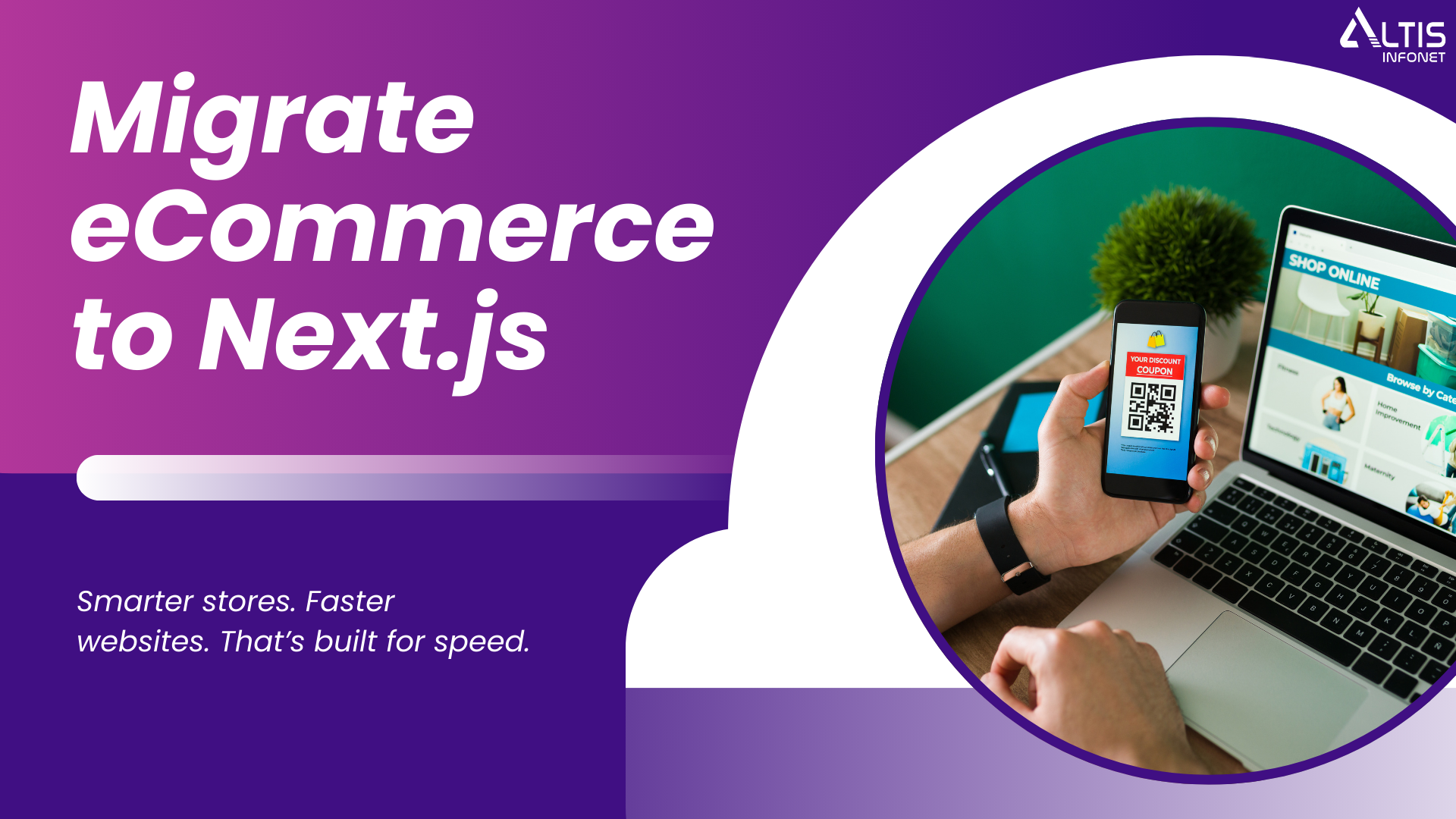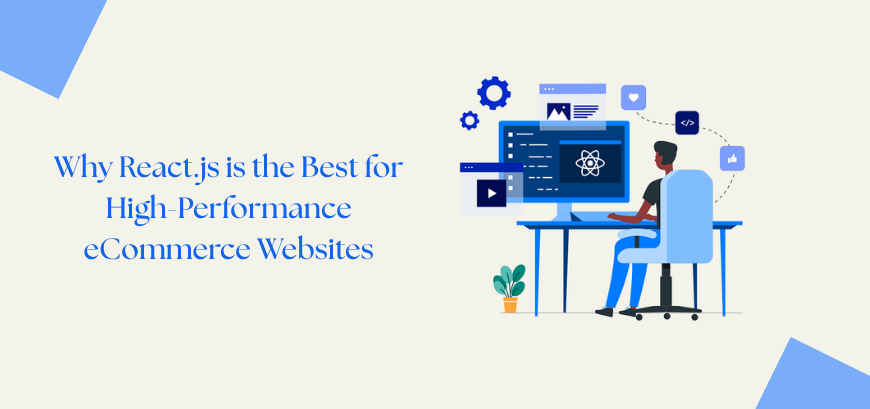DevSecOps, a combination of development, security, and operations, aims to integrate security into the entire software development lifecycle (SDLC). While it promises enhanced security and faster delivery, its implementation often encounters significant challenges. This blog post will delve into some of the most common hurdles and offer potential solutions to help organizations successfully adopt DevSecOps.
Cultural Resistance in DevSecOps
One of the biggest challenges in implementing DevSecOps is overcoming cultural resistance. Teams may be reluctant to change their existing processes, especially if they involve additional steps or responsibilities. Additionally, there may be a perception that security measures will slow down development or reduce innovation.
Solutions:
- Education and Training: Provide comprehensive training on DevSecOps principles, benefits, and best practices.
- Involve Stakeholders Early: Engage key stakeholders from across the organization to gain buy-in and address concerns.
- Celebrate Successes: Highlight the positive outcomes of DevSecOps initiatives to foster a supportive culture.
- Incentivize Security: Implement rewards or recognition programs for teams that prioritize security.
Lack of Security Expertise
Many organizations often lack the necessary security expertise within their development teams, which can create significant gaps in the software development lifecycle. Without specialized knowledge, development teams may struggle to properly identify potential security threats.
As a result, vulnerabilities may go unnoticed or be improperly addressed, leaving the system exposed to risks. This gap in security awareness and skills can hinder the overall effectiveness of security measures, potentially compromising the integrity of the final product.
Solutions:
- Hire or Train Security Professionals: Recruit dedicated security personnel or provide training to existing team members.
- Leverage Security Tools: Utilize automated security tools to identify and address vulnerabilities.
- Partner with Security Consultants: Engage external experts for guidance and support.
Integration with Existing Tools and Processes
Integrating DevSecOps into existing toolchains and processes presents a complex and often time-consuming challenge for many organizations. The task involves ensuring that new security protocols align seamlessly with the current development and operations tools, which can be difficult due to compatibility issues. Existing systems may not be designed to accommodate the additional security layers required by DevSecOps, resulting in technical conflicts or inefficiencies.
Furthermore, teams are often required to learn and adapt to new tools and workflows, which can slow down adoption and create resistance among developers and operations staff. This learning curve not only adds to the complexity but can also cause delays in project timelines, making it harder to fully implement a secure and efficient DevSecOps pipeline.
Solutions:
- Choose Compatible Tools: Select DevSecOps tools that integrate seamlessly with your existing infrastructure.
- Automate Processes: Automate as many tasks as possible to reduce manual effort and errors.
- Provide Adequate Training: Offer training on new tools and processes to ensure smooth adoption.
Balancing Security and Speed
DevSecOps is designed to enhance both security and development speed by integrating security practices into the early stages of the development lifecycle. However, balancing these two objectives can be challenging, often requiring a compromise. On one hand, implementing stringent security measures is crucial for protecting software from vulnerabilities and potential threats.
Yet, the introduction of robust security protocols can sometimes slow down the overall development process, as additional checks and balances are required before code is deployed. On the other hand, prioritizing rapid development and delivery may expedite the release of new features and updates, but it can also lead to security being overlooked or insufficiently addressed.
When speed becomes the primary focus, there is a risk of security vulnerabilities being missed, leaving the software exposed to potential attacks. Striking the right balance between maintaining a high level of security and ensuring efficient, fast-paced development is one of the central challenges in the successful implementation of DevSecOps practices.
Solutions:
- Shift-Left Security: Integrate security testing early in the development lifecycle to detect and resolve vulnerabilities at an earlier stage.
- Prioritize Critical Vulnerabilities: Focus on addressing high-risk vulnerabilities first.
- Use Automated Testing: Leverage automated tools to streamline security testing and reduce manual effort.
Measuring Success
Quantifying the benefits of DevSecOps can be challenging due to the difficulty in establishing clear metrics. Without concrete indicators, justifying the investment and demonstrating a return on investment (ROI) becomes problematic. The value of enhanced security and faster development may not be immediately apparent or easily measured, making it hard to gain stakeholder support and prove the effectiveness of DevSecOps practices.
Solutions:
- Define Key Performance Indicators (KPIs): Establish measurable metrics such as vulnerability reduction, time to market, and security incidents.
- Track and Analyze Data: Collect and analyze data to assess the impact of DevSecOps initiatives.
- Communicate Results: Share success stories and metrics with stakeholders to build support and justify continued investment.
By addressing these challenges and implementing effective solutions, organizations can successfully adopt DevSecOps and reap the benefits of improved security, faster time to market, and enhanced collaboration between development, security, and operations teams.
You can also read:- GitHub vs. GitLab: A Comprehensive Comparison
Seeking an Outcome-Oriented Digital Marketing Firm?
Altis Infonet Pvt Ltd is a Web Development and Digital Marketing company with a focus on client servicing through knowledge-based solutions. Our team of experts will help make your digital dreams come true!





